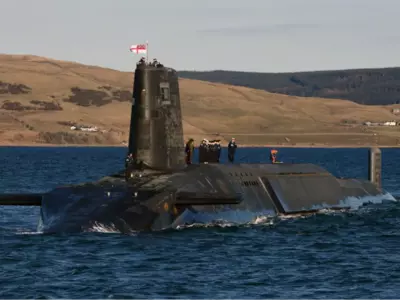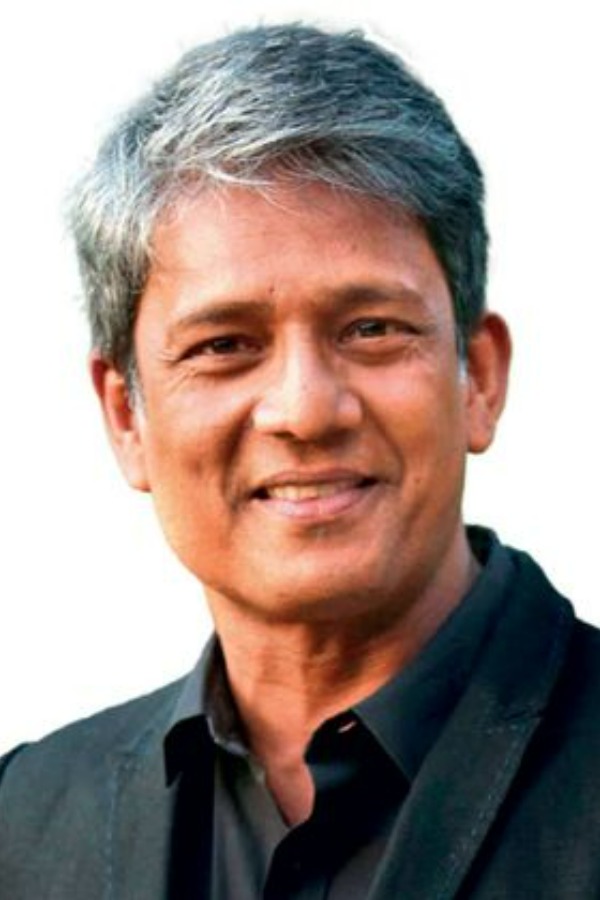Explained: The Nuclear Weapons Policy Of United Kingdom

Nuclear weapon technology works by the combining chemical explosives, nuclear fission and nuclear fusion. It basically means that the explosives compress the nuclear material causing fission and the fission releases great amounts of energy in the form of x-rays, which creates the high temperature and pressure to ignite nuclear fusion. Nuclear weapons were first developed by the United States of America. The start of the nuclear weapons development was when US established the Manhattan project. Eventually, USA tested their first nuclear weapon on 16th July 1945 in Socorro, New Mexico.
United Kingdom tested their first nuclear weapon in Australia on 3rd October 1952, and eventually became the third nuclear weapon state after USA and USSR. Currently, UK is not a nuclear triad (previously it was a nuclear dyad- air and sea based nuclear weapons. Nuclear triad is when a country has air, land and sea based nuclear weapons.) but rather it is a single nuclear deterrent. The UK postures a policy of “minimum credible deterrence”. This mean that a country should have enough nuclear power to strike back if threatened.
 AFP/Representational Image
AFP/Representational Image
UK has not signed the “No First Use Policy” as it does not align with the NATO’s doctrine of defence. UK focuses on deterrence and has stated in the review of 2021 and 2023 when and in what way they will use nuclear weapons to retaliate if attacked reaffirming its ambiguity. UK works towards deterrence from nuclear war and has done so since April 1969. In April 1969, the Royal Navy has maintained continuous at sea deterrence with at least one nuclear-armed ballistic missile submarine patrolling the seas undetected at all times, ready to respond to the most extreme threats to the UK.
UNITED KINGDOM’S NUCLEAR POLICY:
As mentioned above, UK follows a policy of “Minimum Credible Deterrence”. The deterrent is operationally independent and only the Prime Minister of UK can authorise the deployment of nuclear weapons even if it is in response to NATO’s call.
UK’s Deterrence Policy:
1. UK will only use nuclear weapons on emergency cases of self-defence of its own and its NATO allies.
2. UK deliberately remains ambiguous regarding when , how and at what scale it would use nuclear weapons.
3. UK remains committed to maintaining the minimum nuclear power need for the nuclear deterrence to remain credible and effective against nuclear threats.
4. UK continues to pursue nuclear disarmament.
5. UK ensures to protect the nuclear weapons seriously. They take measures to ensure that they can respond to any accident no matter how unlikely.
 Reuters/Representational Image
Reuters/Representational Image
CONTINUOUS AT SEA DTERRENCE (CASD):
This CASD has been active in UK since 1969. It has four vanguard class nuclear armed submarines to operate a carefully choreographed deterrence patrol cycle.
On patrol→ Maintenance→ Training → On Standby
In this, each submarine is 150m in length, can operate for decades without refuelling, operates with the safety of crew and public at highest regard and has crew of over 100 people.
NUCLEAR DETERRENCE OF UK IN THE FUTURE:
The life of the current nuclear submarine in sea are reaching their end of service life. The design and the build of the next generation of missiles for UK is well under way. Introducing- The dreadnaught class.
The dreadnaught class will ensure that UK has credible, independent and capable nuclear deterrence for as long as it is needed. This dreadnaught build programme of UK is one if its largest and most complex engineering programmes. UK continues to remain a single deterrent and maintains so powerfully. Along with this programme, UK will also be replacing its nuclear warheads.
UK is fully committed to working towards nuclear disarmament and does so very stably. UK is the forefront of research on nuclear disarmament verification and participates in various international initiatives needed for a world free from nuclear weapons.

























